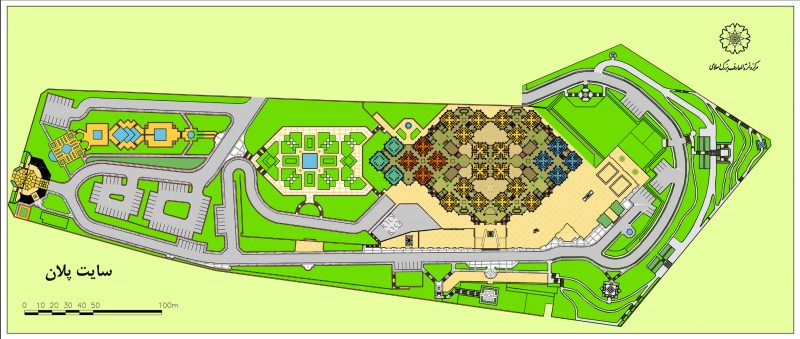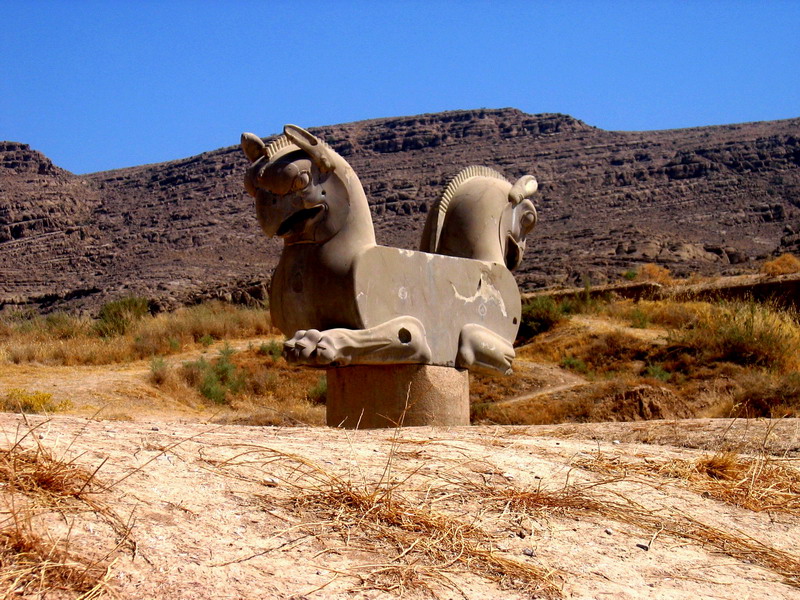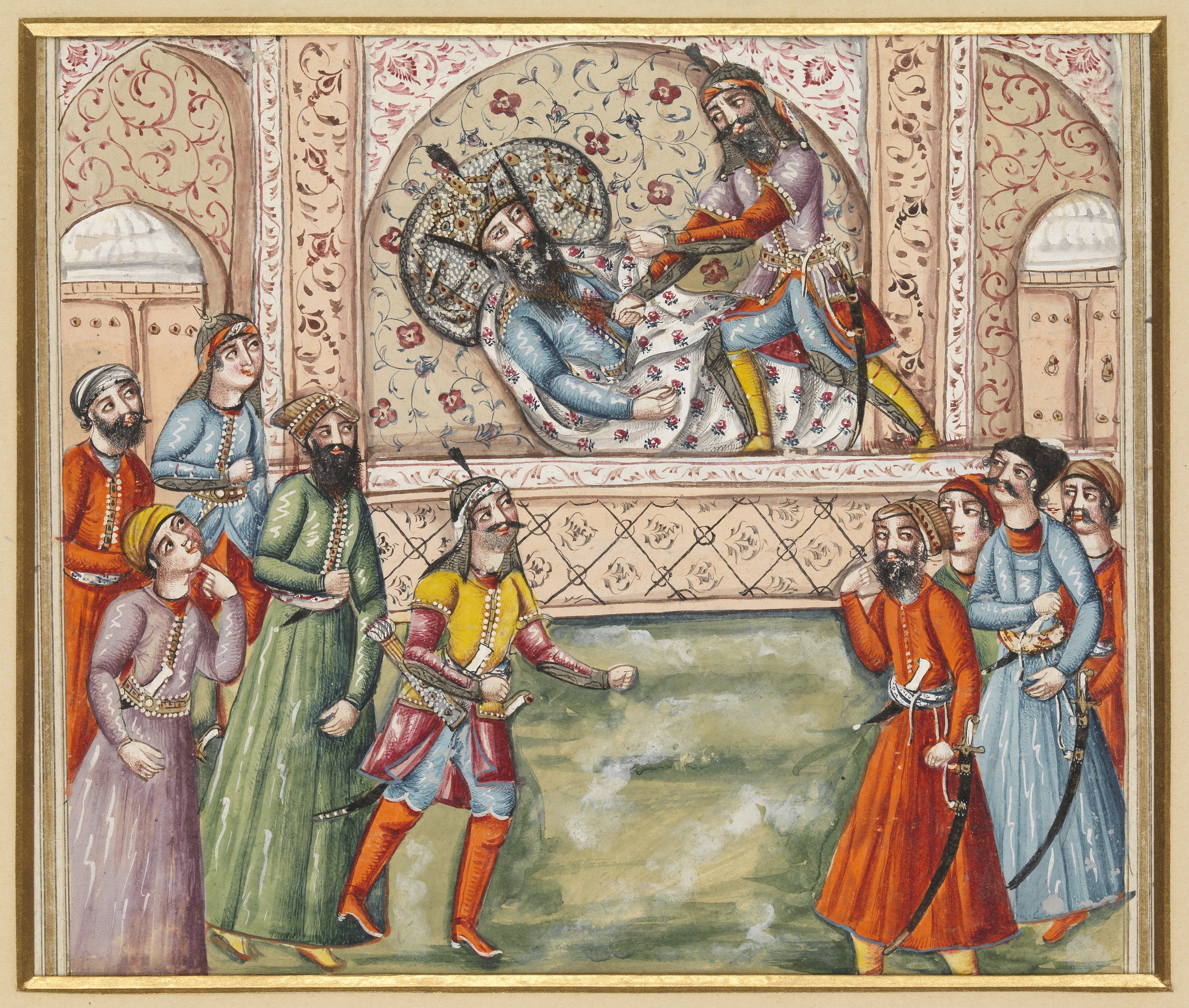|
Aghrirat
Aghrirat ( fa, اَغْریرَتْ) or Aghrirath ( fa, اَغْریرَثْ) is a famous Turanian character in Shahnameh and Iranian mythology. He and Piran Veyse are the only Turanians that are described positively in Iranian mythology. Aghrirat is son of Pashang and brother of Afrasiab and Garsivaz Garsivaz (also Garsiwaz, Gersiwaz or Karsivaz) ( fa, گَرسیوَز ) is a mythical Turanian character, referred to in ''Shahnameh'' ('Book of Kings') by the Persian epic-poet Ferdowsi. He is the brother of Afrasiab Afrasiab ( fa, ''afrāsi .... Unlike Afrasiab, Aghrirat is kind and gentle. Although mostly unsuccessful, he tries to put an end to hostilities between Iran and Turan and bring peace to both countries. References Shahnameh characters {{Shahnameh-stub ... [...More Info...] [...Related Items...] OR: [Wikipedia] [Google] [Baidu] |
Piran Veyse
Piran son of Viseh ( fa, پیران ویسه) is a Turanian figure in Shahnameh, the national epic of Greater Iran. Beside Shahnameh, Piran is also mentioned in other sources such as Tabari and Tha'ālibī. He is the king of Khotan and the spahbed of Afrasiab, the king of Turan. He is described as a wise and intelligent man, seeking to bring peace to Iran and Turan. In old Iranian writings, Piran and Aghrirat are the only Turanians that have been described positively. Piran plays a vital role in the story of Siavash, the story of Kay Khosro and the story of Bizhan and Manizhe. Piran was killed by Goudarz in the battle of Davazdah Rokh. Kay Khosro mourned the death of Piran and ordered to wash his body with Musk and Ambergris and ordered to be buried in the cave of Zibad. In Persian culture, Piran is a symbol of wisdom. It has been said that Karim Khan called Mohammad Khan Qajar "Piran Viseh". Piran is often compared to Bozorgmehr. According to djalal khaleghi motlagh, Piran may ... [...More Info...] [...Related Items...] OR: [Wikipedia] [Google] [Baidu] |
Center For The Great Islamic Encyclopedia
The Center for the Great Islamic Encyclopedia (Center for Iranian and Islamic Studies) (CGIE) is a major iranian research institute with the task of researching and publishing general and topical encyclopedias about Iranian and Islamic culture. Within the Islamic and Iranian research landscape, it is one of the leading and most prestigious institutions in the country, attracting scholars from all over the region. The centre has one of the largest libraries on Iranian and Islamic culture. The building was nominated for the Aga Khan Award for Architecture in 2001. History The institute was founded in 1983 by Kazem Mousavi-Bojnourdi and is located in Darabad, Tehran. Mousavi-Bojnourdi explained his motivation for founding a scientific centre on these research topics as follows:„ The field of human civilization and culture is so vast that many of its angles have still remained undiscovered. The growth of science and knowledge in the Islamic world and other communities has created ... [...More Info...] [...Related Items...] OR: [Wikipedia] [Google] [Baidu] |
Turan
Turan ( ae, Tūiriiānəm, pal, Tūrān; fa, توران, Turân, , "The Land of Tur") is a historical region in Central Asia. The term is of Iranian origin and may refer to a particular prehistoric human settlement, a historic geographical region, or a culture. The original Turanians were an Iranian tribe of the Avestan age. Overview In ancient Iranian mythology, Tūr or Turaj (''Tuzh'' in Middle Persian) is the son of the emperor Fereydun. According to the account in the ''Shahnameh'', the nomadic tribes who inhabited these lands were ruled by Tūr. In that sense, the Turanians could be members of two Iranian peoples both descending from Fereydun, but with different geographical domains and often at war with each other. Turan, therefore, comprised five areas: the Kopet Dag region, the Atrek valley, parts of Bactria, Sogdia and Margiana. A later association of the original Turanians with Turkic peoples is based primarily on the subsequent Turkification of Central Asia, in ... [...More Info...] [...Related Items...] OR: [Wikipedia] [Google] [Baidu] |
Shahnameh
The ''Shahnameh'' or ''Shahnama'' ( fa, شاهنامه, Šāhnāme, lit=The Book of Kings, ) is a long epic poem written by the Persian poet Ferdowsi between c. 977 and 1010 CE and is the national epic of Greater Iran. Consisting of some 50,000 "distichs" or couplets (two-line verses), the ''Shahnameh'' is one of the world's longest epic poems. It tells mainly the mythical and to some extent the historical past of the Persian Empire from the creation of the world until the Muslim conquest in the seventh century. Iran, Azerbaijan, Afghanistan, Tajikistan and the greater region influenced by Persian culture such as Armenia, Dagestan, Georgia, Turkey, Turkmenistan and Uzbekistan celebrate this national epic. The work is of central importance in Persian culture and Persian language, regarded as a literary masterpiece, and definitive of the ethno-national cultural identity of Iran. It is also important to the contemporary adherents of Zoroastrianism, in that it traces the historical ... [...More Info...] [...Related Items...] OR: [Wikipedia] [Google] [Baidu] |
Persian Mythology
Persian mythology or Iranian mythology (Persian:اساطیرشناسی ایرانی) is the body of the myths originally told by ancient Persians and other Iranian peoples, and a genre of Ancient Persian folklore. These stories concern the origin and nature of the world, the lives and activities of deities, heroes, and mythological creatures, and the origins and significance of the ancient Persians' own cult and ritual practices. Modern scholars study the myths to shed light on the religious and political institutions of not only modern-day Iran but the Greater Iran, which includes regions of West Asia, Central Asia, South Asia and Transcaucasia where Iranian culture has had significant influence. Historically, these were regions long ruled by dynasties of various Iranian empires, that incorporated considerable aspects of Persian culture through extensive contact with them, or where sufficient Iranian peoples settled to still maintain communities who patronize their respective cul ... [...More Info...] [...Related Items...] OR: [Wikipedia] [Google] [Baidu] |
Pashang
Pashang ( fa, پَشَنْگ) is the name of two separate characters in Persian Mythology. According to Ferdowsi's epic the ''Shahnameh'', he is of the race of Tur the son of Fereydun and the father of Afrasiab. He was an early king of Turan. In Bal'ami's Tarikhnama he is the son of Gayumars, the first king in the world, and is murdered by demons. In some manuscripts the name is written Hushang Hushang Help:IPA/English">hʊ'ʃəŋ.html" ;"title="Help:IPA/English.html" ;"title="nowiki/>Help:IPA/English">hʊ'ʃəŋ">Help:IPA/English.html" ;"title="nowiki/>Help:IPA/English">hʊ'ʃəŋor Hōshang (in ), Middle Persian 𐭤𐭥𐭱𐭭𐭢 .... References Iranian folklore Shahnameh characters [...More Info...] [...Related Items...] OR: [Wikipedia] [Google] [Baidu] |
Afrasiab
Afrasiab ( fa, ''afrāsiyāb''; ae, Fraŋrasyan; Middle-Persian: ''Frāsiyāv, Frāsiyāk'') is the name of the mythical king and hero of Turan. He is the main antagonist of the Persian epic Shahnameh, written by Ferdowsi. The mythical king and hero According to the ''Shahnameh'' (''Book of Kings''), by the Persian epic poet Ferdowsi, Afrasiab was the king and hero of Turan and an archenemy of Iran. In Iranian mythology, Afrasiab is considered by far the most prominent of all Turanian kings; he is a formidable warrior, a skilful general, and an agent of Ahriman, who is endowed with magical powers of deception to destroy Iranian civilization.Yarshater, E., "Afrasiab", ''Encyclopædia Iranica'' - digital library; accessed January 18, 2007. He is brother to Garsivaz, and the son of Pashang. According to Islamic sources, Afrasiab was a descendant of Tūr (Avestan: ''Tūriya-''), one of the three sons of the Iranian mythical King Fereydun (the other two sons being Salm and Iraj) ... [...More Info...] [...Related Items...] OR: [Wikipedia] [Google] [Baidu] |
Garsivaz
Garsivaz (also Garsiwaz, Gersiwaz or Karsivaz) ( fa, گَرسیوَز ) is a mythical Turanian character, referred to in ''Shahnameh'' ('Book of Kings') by the Persian epic-poet Ferdowsi. He is the brother of Afrasiab Afrasiab ( fa, ''afrāsiyāb''; ae, Fraŋrasyan; Middle-Persian: ''Frāsiyāv, Frāsiyāk'') is the name of the mythical king and hero of Turan. He is the main antagonist of the Persian epic Shahnameh, written by Ferdowsi. The mythical king ..., king of Turan. He convinced his brother to kill Syavash, which in turn resulted in a number of battles between the Iranian and Afrasiab forces. References Shahnameh characters {{Shahnameh-stub ... [...More Info...] [...Related Items...] OR: [Wikipedia] [Google] [Baidu] |






.png)